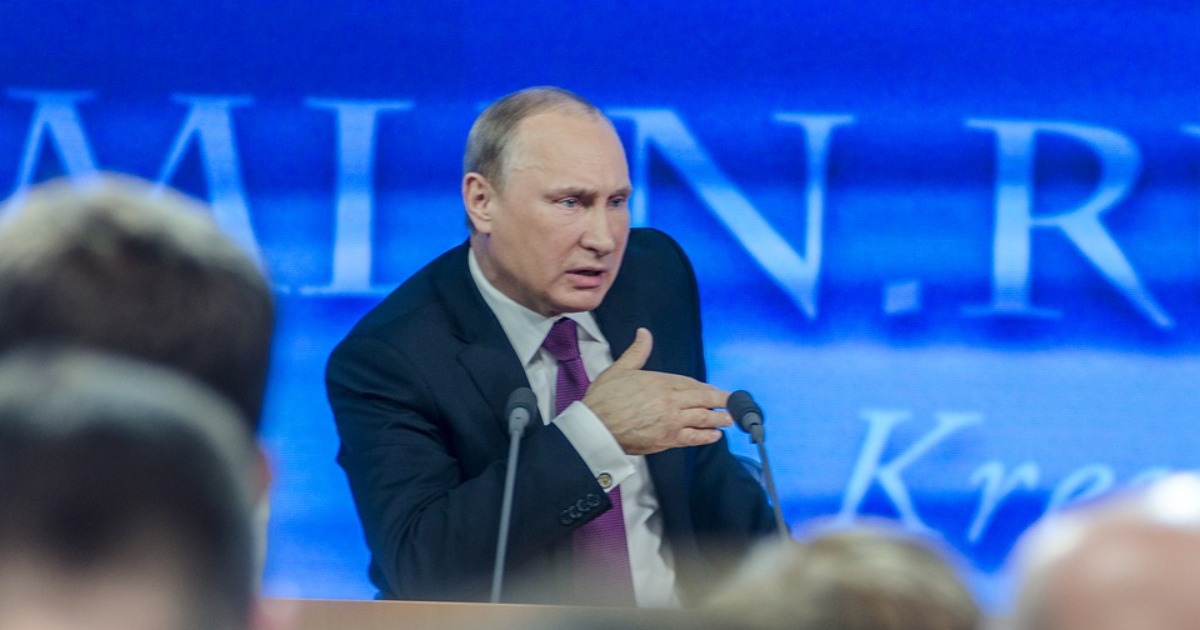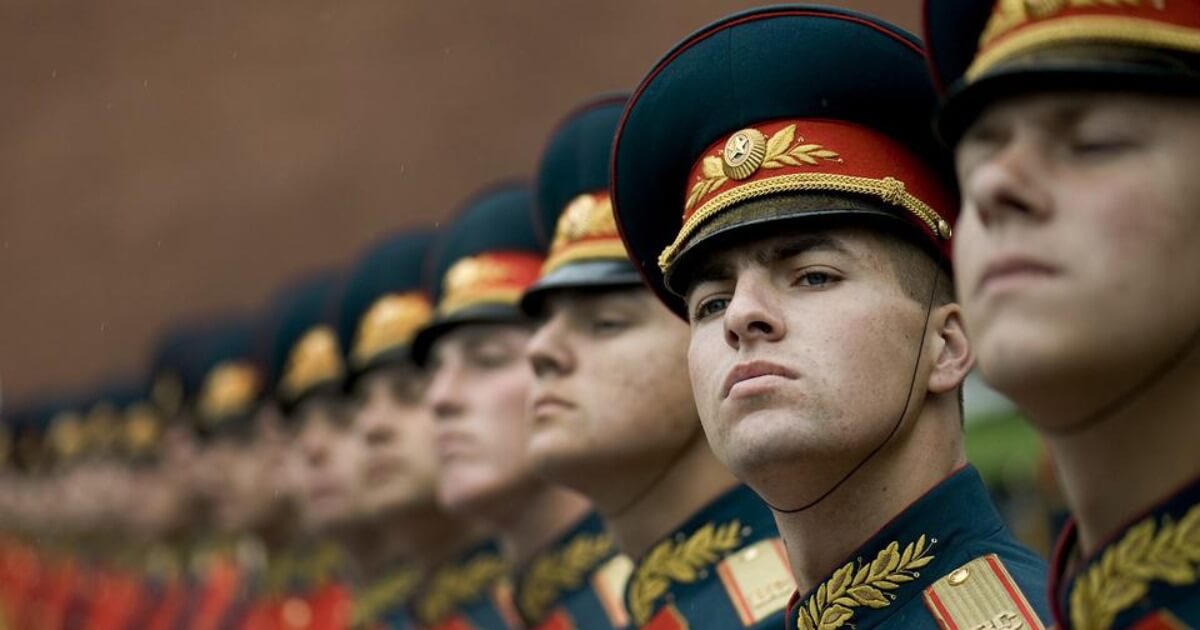Schröder, Putin and the Laws of Omerta
Mario Puzo’s “The Godfather” movie is all you need to understand Gerhard Schröder, the former German Chancellor and close Putin crony.
March 11, 2022

On a political level, hardly anyone can still explain the behavior of Gerhard Schröder, the former German Chancellor turned Gazprom lobbyist and close Putin crony.
But anyone who has ever read Mario Puzo’s book “The Godfather” or seen the movie can easily grasp what is going on.
The book and the film convey an idea of how things work in Mafia circles. And this is precisely the world in which Germany’s former Chancellor is caught.
Mafia, loyalty and silence
Every mafia organization has its own rules for this, but at the core they are all very similar. In the Neapolitan Camorra, one swears quite matter-of-factly: “I swear on my honor to remain loyal to the organization, just as the organization remains loyal to me.”
Meanwhile, in the Sacra Corona Unita, the loyalty oath is openly traitorous to one’s own family: “I swear to disown my father, mother, brothers and sisters in the interest of the organization.”
And they call that a “code of honor”
Loyalty and silence are the core elements of any mafia organization. And the law of the Omerta, the absolute duty of silence towards outsiders, is an integral part of the “code of honor” of such an organization.
Woe betide anyone who violates it. Because what makes the Omerta so effective are the consequences of breaking the rules. That regularly ends in death.
Vladimir Putin, the mafioso
Vladimir Putin strictly adheres to this script. When a BBC reporter once asked him if he was behind the poison attack on Sergei Skripal and his daughter, he could have simply said “no,” condemned the attempted murder and wished the victims a speedy recovery.
Putin did not. Why? He knows all too well that as the Godfather, he must never give up the deterrent effect of violating the Omerta.
It is therefore only logical that Putin has repeatedly stated that he forgives a person everything but treason.
Man-boy buddies
Schröder and Putin are best friends. For Schröder’s 60th birthday in 2004, Putin flew to Hanover to celebrate the event together. For Schröder’s 70th, the two then celebrated in St. Petersburg.
In such a male friendship, the fact that Putin at the time had just “annexed” Crimea is apparently only negligible by-product. Friendship is above everything, especially within the “family.”
A supplicant, just like the Patriarch
And then in 2018, at Putin’s fourth enthronement as Russia’s president, Gerhard Schröder, the man without office, just the “friend,” stands at the very front of the Kremlin’s great hall.
He stands in front of the Patriarch of Moscow (and Putin whisperer) Kirill and also in front of Dmitri Medvedev, the Russian head of government at the time.
Schröder is even allowed to shake Putin’s hand as the second person, directly after Patriarch Kirill.
He does so with a firm look in Putin’s eyes and heartfelt intimacy. Probably Schröder was sensing the “democratic” element deep in Putin’s being.
The photos we have of these events evoke a dèja vu feeling with regard to the party and fraternity scenes we know from the movie “The Godfather.”
Two climbers’ personal love affair
Schröder’s life path is that of an almost unprecedented rise. Coming from an extremely poor background, he became the Minister President of Lower Saxony, then German Chancellor and a recognized economic and social reformer.
In that capacity, he helped his country rebalance itself in difficult times.
One would have thought that someone like Schröder, who has come such a long way, would have every reason to rest in himself — even if he is fiddling around in the umpteenth marriage.
Two men united by immense personal insecurity
Not so Schröder. His personality desperately needs constant recognition. He always wanted to belong to the social bigwigs, the rich and the powerful.
He evidently still doubts himself. And this despite the fact that he has achieved just about everything.
Putin recognized this early on. The trained KGB agent and judge of character Putin, BILD recently wrote, is said to have become aware of Schröder as early as 1998, when he was still head of the Russian secret service.
At the time, the BND had learned this from high-ranking Russian sources.
Paying off Schröder
When Putin became president two years later, he included Schröder in the ranks of the Friends of Putin (FOPS). From then on, Schröder’s post-Chancellor career was materially secure. Putin was, so to speak, his new Brioni suit – a trademark of his own arriviste status.
And it paid off: Schröder became Chairman of the Supervisory Board of Nord Stream 2 and Chairman of the Supervisory Board of Rosneft, Russia’s largest oil company.
Such posts tend to yield levels of annual remuneration approaching a million euros.
Schröder: Fig leaf of the Putin regime
It is hard to imagine, however, that Schröder would really sell his soul for such a relatively small amount. In the kleptocratic Russian context, that is play money for an afternoon – not compensation for a year.
After all, the ex-Chancellor is and remains the main fig leaf of Putin who, with its brutal assault on Ukraine, has finally proven his nature as Europe’s new Hitler
The biggest mafia gang in the world
Schröder, the relentless climber, obviously feels at home among the oligarchs. What he assiduously overlooked was that he had fallen in with the biggest and strongest mafia gang in the world.
The signs were clear early on. The brutal Chechen war, the wars in Georgia, the many “traitor murders,” the suppression of democracy and freedom. Schröder always looked the other way, betraying bit by bit everything that was once important to him.
No more saving grace
For a long time, Schröder’s access to Putin was also the access of a German ex-chancellor to the Russian president.
That helped with business deals, and it certainly helped Germany with securing gas supplies. Perhaps at times Schröder was also a diplomatically important channel.
But as the end now shows, Schröder’s commitment to Russia at the core is primarily characterized by his oath of allegiance to the godfather.
That, after all, is the leitmotif of the Mafia – in Schröder’s case, the collective disavowal of his (proverbial) German fathers, mothers, brothers and sisters.
Conclusion: Any way out?
Whoever knows the internal structure of a mafia organization, whoever knows the law of the Omerta and Putin’s interpretation of it, is no longer surprised. The exit from the mafia is not easy for anyone.
Takeaways
What makes the “Omerta” – the mafia’s loyalty oath – so effective are the consequences of breaking the rules. That regularly ends in death.
Putin has repeatedly stated that he forgives a person everything but treason.
Someone like Schröder would have every reason to rest in himself. Not so. His personality desperately needs constant recognition. He always wanted to belong.
Schröder still doubts himself. Putin, the trained KGB agent and judge of character, recognized this as early as 1998, when he was still head of the Russian secret service.
In the kleptocratic Russian context, Schröder sold his soul for a relatively small amount, considered more play money for an afternoon than compensation for an entire year.
Read previous

Global Conflict
The New Cold War Era
March 10, 2022
